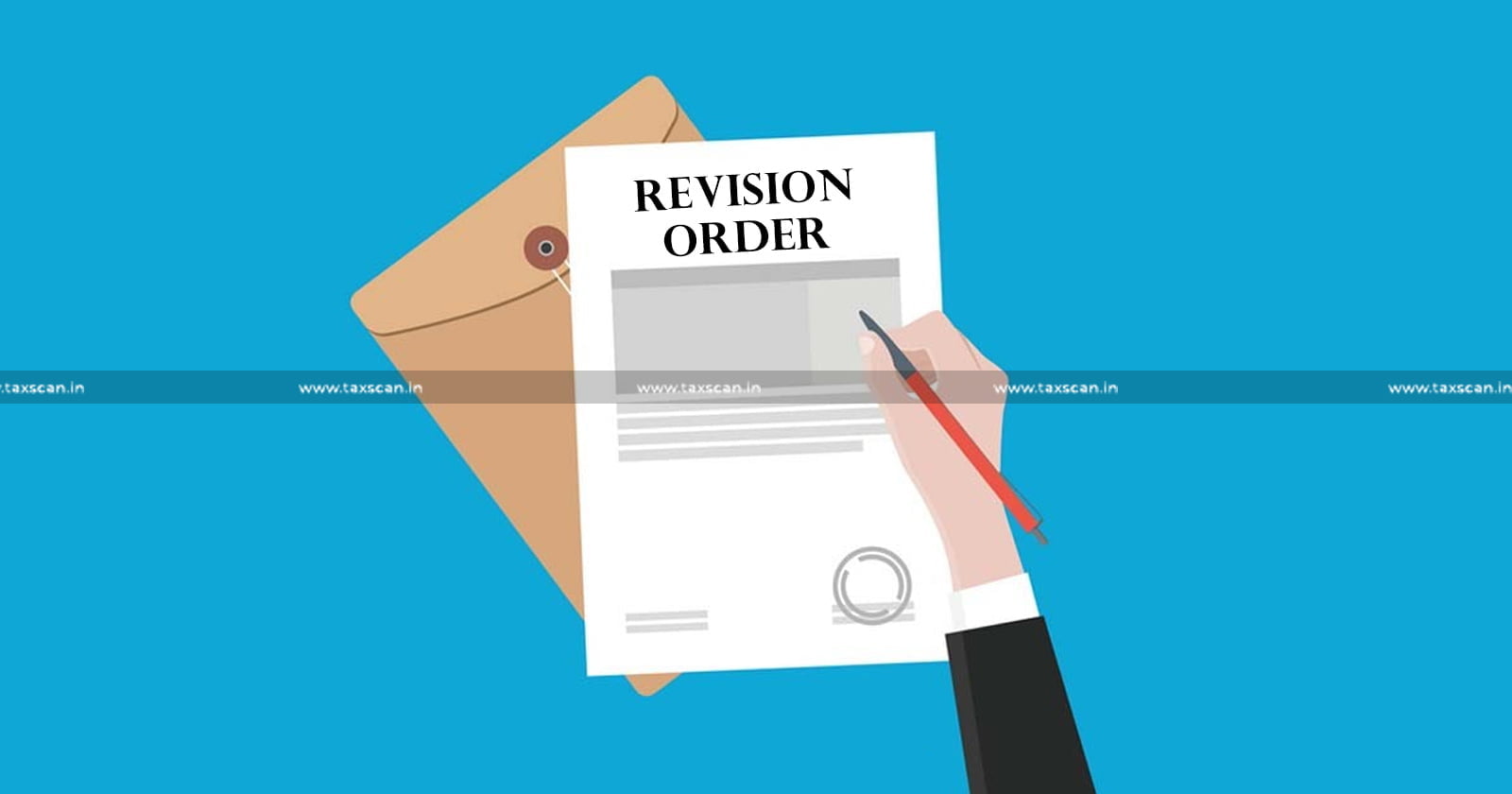Limitation Period u/s 263(2) of Income Tax Act begins from date of Original Assessment Order not from Reassessment Order: ITAT quashes Revision Order

The Delhi bench of Income Tax Appellate Tribunal (ITAT) has recently held that the limitation period under section 263(2) of Income Tax Act, 1961 begins from the date of original assessment order not from reassessment order. Hence, the bench quashed the revision order passed by the PCIT.
Assessee Bonjour Estates (P) Ltd. filed the above appeal against the revision order passed by the PCIT.
The return of income of assessee was filed under Section 139 of the Income Tax Act on 24.09.2010 which was processed under Section 143(1) Income Tax Act on 11.02.2011.
Subsequently, the AO initiated reassessment proceedings by issuing notice on 24.03.2017 and passed reassessment order under Section 143(3) r.w.s 147 of the Income Tax Act on 13.12.2017.
The reason for reopening the assessment was based on information received from DICT, with respect to share capital received by the assessee company from two entities.
The assessee company during the reassessment proceedings to avoid litigation and to buy a piece of mind surrendered the stated transaction and paid due taxes etc therein. Thereafter the case was closed on 31.12.2017 after passing a reassessment order by the AO.
On 09.02.2021 assessee received a notice under Section 263 of Income Tax Act and the PCIT passed order under Section 263 of the Income Tax Act on 28.03.2021.
Wherein the order alleged that the AO has not made proper inquiries in respect of share capital received by the assessee company from other entities.
Aggrieved the order the assessee filed appeal before the tribunal.
Before the tribunal, Neeraj Mangla, counsel for the assessee submitted that the time limit for issuance of notice under Section 263 of the Income Tax Act must be reckoned from the date intimation under Section 143(1) of the Income Tax Act that is., 11.02.2011 and the time limit for reopening of assessment has to be reckoned from the said date.
Further, assessee submitted that the period of limitation provided under sub section (2) of section 263 of the Income Tax Act would begin to run from the date of the order of original assessment and not from the order of reassessment and in such a situation the order of PCIT has to be held as without valid jurisdiction rendering the entire proceedings a nullity.
P. Praveen Sidharth, counsel for the revenue, strongly supported the revisionary order passed by the PCIT.
The tribunal relied upon the decision of the observed that ,
“when the processed of return was completed under Section 143(1) of the Income Tax Act on 11.02.2011 and subsequently the AO initiated reassessment proceedings calling the assessee to established genuineness of transaction with two entities, which was concluded by making addition under Section 68 of the Income Tax Act in the hands of assessee on 31.12.2017 and no issue was left un-adjudicated or adjudicated in favour of the assessee then the said reassessment order cannot be revised under Section 263 of the Income Tax Act by alleging the same as erroneous and prejudicial to the interest of revenue”
Hence the two member bench of Chandra Mohan Garg, (Judicial Member) and B.R.R. Kumar, (Accountant Member) allowed the appeal filed by the assessee and observed that there is no irregularity in the assessment order passed by the assessing officer.
To Read the full text of the Order CLICK HERE
Support our journalism by subscribing to Taxscan premium. Follow us on Telegram for quick updates
Bonjour Estates (P) Ltd. vs PCIT , 2023 TAXSCAN (ITAT) 947 , Shri Neeraj Mangla , Shri P. Praveen Sidharth

